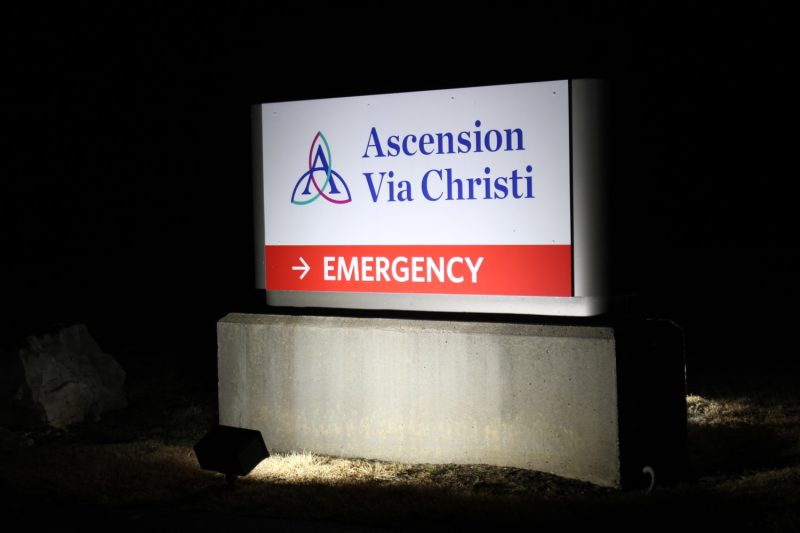Ascension Health, the largest Catholic healthcare system in the United States, known for its commitment to holistic care, has suffered a significant cyberattack, causing disruptions in patient care and sparking concerns over information security. In a rapidly digitizing world, cybersecurity threats are a growing challenge, especially in the healthcare sector, where sensitive patient information remains a prime target.
According to reports, the cyberattack affected IT systems across hundreds of Ascension’s facilities nationwide, causing delays in medical procedures and communication mishaps. Notably, Ascension Health operates 2,600 facilities, including 145 hospitals and more than 40 senior living facilities spread across 19 states and the District of Columbia.
In the immediate aftermath of the attack, the organization had to divert patients to other health facilities faced with service disruption. More critically, the cyberattack raised troubling concerns over patient data security. Hospitals house a treasure trove of sensitive data – from patient health records to financial information, all of which are very attractive targets for cybercriminals.
The incident at Ascension Health is a stark reminder of the vulnerability of healthcare systems to cyber breaches. The disruption of critical health services is not only detrimental to patient care, it may also amplify existing strains on the healthcare system, particularly amid the ongoing COVID-19 pandemic.
Ascension Health is no stranger to technological upgrades, having signed a controversial deal with Google in 2019 to migrate its infrastructure to the tech giant’s cloud service. The move spurred concerns about patient privacy, a debate further fueled by this recent cyberattack.
Following the cyberattack, experts have underscored the need for healthcare organizations to adopt robust cybersecurity measures. It is anticipated that this incident will act as a wake-up call for the healthcare industry, urging it to prioritize security concerns, move beyond the status quo, and invest more in securing their IT infrastructure.
In response, Ascension’s IT department rapidly initiated remediation procedures to ensure the integrity and safety of their systems. It also worked with third-party cybersecurity firms to investigate the breach’s details and avoid future occurrences. Authorities and industry leaders have been collaborating with Ascension to assess the infrastructure shortcomings and make necessary improvements.
The response to the attack reflects the need for a multifaceted and proactive approach to cyber threats in healthcare. These actions should include investing in advanced threat detection and response technologies, strengthening information sharing protocols between institutions, and conducting regular cybersecurity audits.
In essence, the massive cyberattack on Ascension Health serves as a pivotal point in the healthcare industry. It highlights the urgent need to tackle the growing challenge of cyber threats and prioritizes cybersecurity protocols to ensure the safety of patient data, preserving the trust that individuals place in their healthcare providers. As the largest Catholic hospital chain in the U.S., Ascension is expected to pave the way in cybersecurity measures, setting a precedent for other institutions in the fight against cyberattacks.




